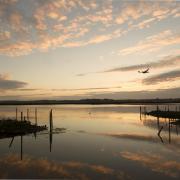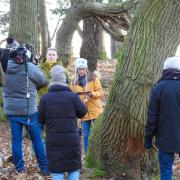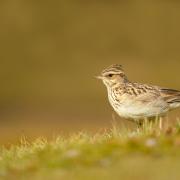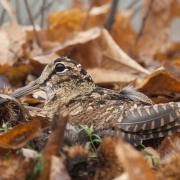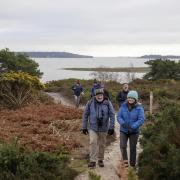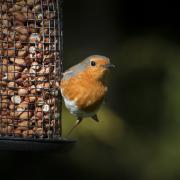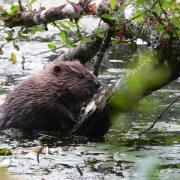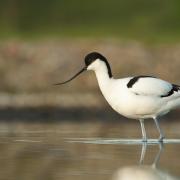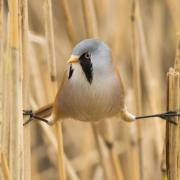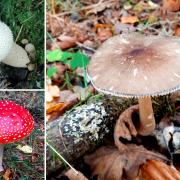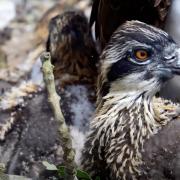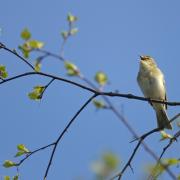As a veterinarian, Mark Jones has been involved in the badger culling debate for some years, he puts forward his view on controlling bovine tuberculosis in Dorset
Bovine tuberculosis (TB) causes serious hardship for affected farmers and their families, as well as costing the taxpayer dearly. Dorset falls within the Government’s ‘High Risk Area’ for bovine TB, and Dorset farmers have had more than their fair share of problems trying to cope with the disease in recent years.
Bovine TB is principally a disease of cattle, although many wild animals can also be affected. Badgers in particular are thought to host the disease, and some believe badgers spread the disease back to cattle.
On 28 August, Natural England issued a license to a Dorset-based company allowing it to cull badgers in a specified area within the county. The license allows for between 615-835 badgers to be killed this year, over a six week period. Badgers can be killed using ‘controlled shooting’ (shooting of free roaming badgers attracted to bait points at night), and by trapping and shooting. The killing began early in September.
Dorset is the first county in which badger culling has been ‘rolled out’, following two years of culls in ‘pilot zones’ in Gloucestershire and Somerset which were ostensibly designed to assess that the culls would prove effective, humane and safe.
Expert assessment of the pilot culls showed that they failed to meet criteria for both effectiveness and humaneness. The two years of culling in Gloucestershire and Somerset have also failed to show any resulting reduction in bovine TB among cattle. Many experts believe that, because of the disruptive effect culling has on badger populations, the kind of piecemeal, haphazard culling operations that have been employed in the pilot zones could well increase the risk to cattle.
Meanwhile in Dorset, cattle-focussed measures introduced over recent years appear to be having a positive impact on bovine TB. Government statistics show a reduction of some 37 percent in the number of cattle slaughtered across the county because of bovine TB between 2012 and 2014, reflecting the successful measures adopted across Wales where the number of cattle slaughtered has been roughly halved since 2009 without a single badger being killed.
The weight of scientific evidence and expert opinion suggests that badger culling should play no part in bovine TB control policy. Badgers are, for very good reasons, a protected species in this country, and interventions targeting them should not be undertaken when alternatives exist. Then it comes to bovine TB control, killing badgers is an ineffective, inhumane and expensive distraction, which won’t help struggling farmers and is proving to be a public relations disaster for DEFRA.
Instead, the Government and farming leaders and their veterinary advisors need to focus on the real problems, which include the failure of the current cattle TB test to identify more than, at best, around two thirds of infected cattle, leaving undetected infected animals to spread the disease within and between herds. More intensive testing regimes, restrictions on cattle movements, and stricter biosecurity protocols, may be hard for the industry to swallow, but they are the only proven effective ways of controlling this serious problem.
About Mark Jones
Mark is a Programmes Manager for Wildlife Policy at the Born Free Foundation and has worked on international wildlife trade and wildlife management issues. A vet by training, Mark worked for many years in farmed and wild animal health and welfare, before working on wild animal rescue and rehabilitation projects in both South America and Asia.
We want to hear from you
What is your view of the badger cull in Dorset? Tell us what you think. Email helen.stiles@archant.co.uk write to us, or tweet us @dorsetmag
READ ON
• Badger cull confirmed in Dorset - The controversial badger cull, now in its third year in Somerset and Gloucestershire, is underway for the first time in Dorset.




